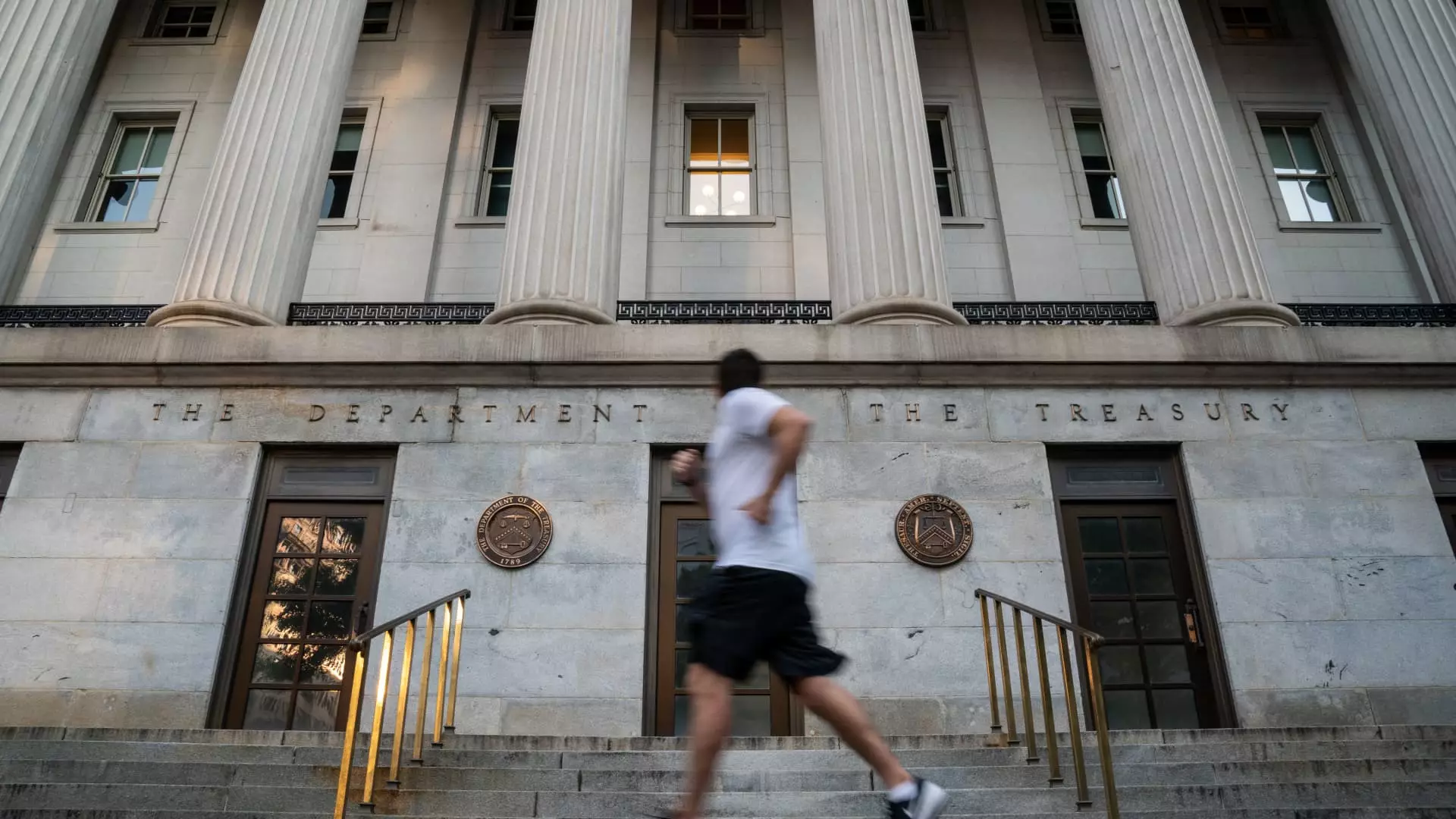The recent decision by the U.S. Department of Treasury to scrap the requirement for small businesses to disclose their ownership details has stirred significant controversy. Eliminating the Corporate Transparency Act’s reporting requirement could backfire severely, and here’s why it’s a move fraught with risks.
A Retreat from Transparency
The essence of the Corporate Transparency Act, passed in 2021, was to create transparency in business ownership and combat the rampant misuse of shell companies for illicit activities. By requiring businesses to report their beneficial owners, the intent was clear: dismantle the financial shadows that shield criminal activities. The U.S. Treasury’s latest directive dilutes this aim significantly, abandoning a vital tool in the fight against money laundering and other financial crimes.
Critics argue that this shift will turn the idea of transparency on its head. It could indeed lead to an upsurge in the formation of shell companies that are effectively untouchable by law enforcement and regulatory agencies. The emancipation of U.S. citizens and companies from the need to disclose their owners introduces contradictions to the original purpose of this legislation: the elimination of opportunities for financial crimes.
Loopholes Aplenty
This new ruling isn’t just a minor adjustment; it’s a gaping loophole carved out for those wanting to sidestep scrutiny. Legal experts are voicing their concerns that the rule may allow individuals engaged in unsavory activities to exploit this exemption. If criminals can create and operate shell entities without disclosing ownership, the very foundation of the original act collapses.
The Financial Crimes Enforcement Network (FinCEN), a bureau of the Treasury, estimates that only around 20,000 entities will now be subject to the reporting requirement—a stark decrease from previous projections of over 30 million. The ability to circumvent reporting means that countless businesses can operate under the radar, compounding the risk of illicit finance that the act sought to prohibit.
A Cultural Shift Backwards
The decision also highlights a troubling trend in the current political climate—the move towards deregulation at the expense of public safety. As the policy echoes previous governmental stances, particularly during the Trump administration, it reveals a broader ideological shift that sacrifices accountability for the sake of convenience.
When you consider that built-in mechanisms meant to catch nefarious activities are now no longer applicable to a vast majority of businesses, one must question the intent behind this policy change. Are we truly protecting small businesses, or are we creating a shield for financially irresponsible or criminal entities? The potential for harmful practices to proliferate under the new rule raises serious ethical questions.
International Implications and Comparisons
Looking globally, many countries have robust frameworks for requiring disclosure of beneficial ownership, and they are successfully reaping the benefits of reduced corruption and financial crimes. The U.S. position, in contrast, may isolate it further on the world stage. The transparency that many Western nations value as part of a healthy economic system is conspicuously absent in this updated regulatory environment.
International observers are understandably dismayed. The U.S., which has historically positioned itself as a bastion of democracy and accountability, is now taking steps back into the shadows. This notion of American exceptionalism is teetering on a precipice, as the government reduces the very standards that establish the foundations of a trustworthy financial landscape.
Risking a False Sense of Security
The Treasury’s decision also creates a false sense of security among small business owners. While some hope this ruling streamlines their bureaucracy, it actually does the opposite: It exposes them to greater risk. Businesses relying on the soundness of financial markets may find themselves on shaky ground when illicit activity inevitably creeps back into visibility without stringent oversight.
Moreover, public sentiment may turn against businesses that newly appear to operate under less scrutiny. The gap in ownership transparency could foster distrust among consumers, investors, and potential partners, ultimately leading to detrimental reputational damage for small businesses that may operate legitimately.
In sum, the U.S. Treasury’s reversal is not just a regulatory adjustment; it symbolizes a dangerous descent into opacity. It’s a retreat from responsibility that poses grave risks not just to small businesses but also to the democratic ethos that underpins our economic systems. The financial landscape that emerges from this decision might be one filled with shadows rather than light, and that’s an unsettling prospect for everyone involved.

